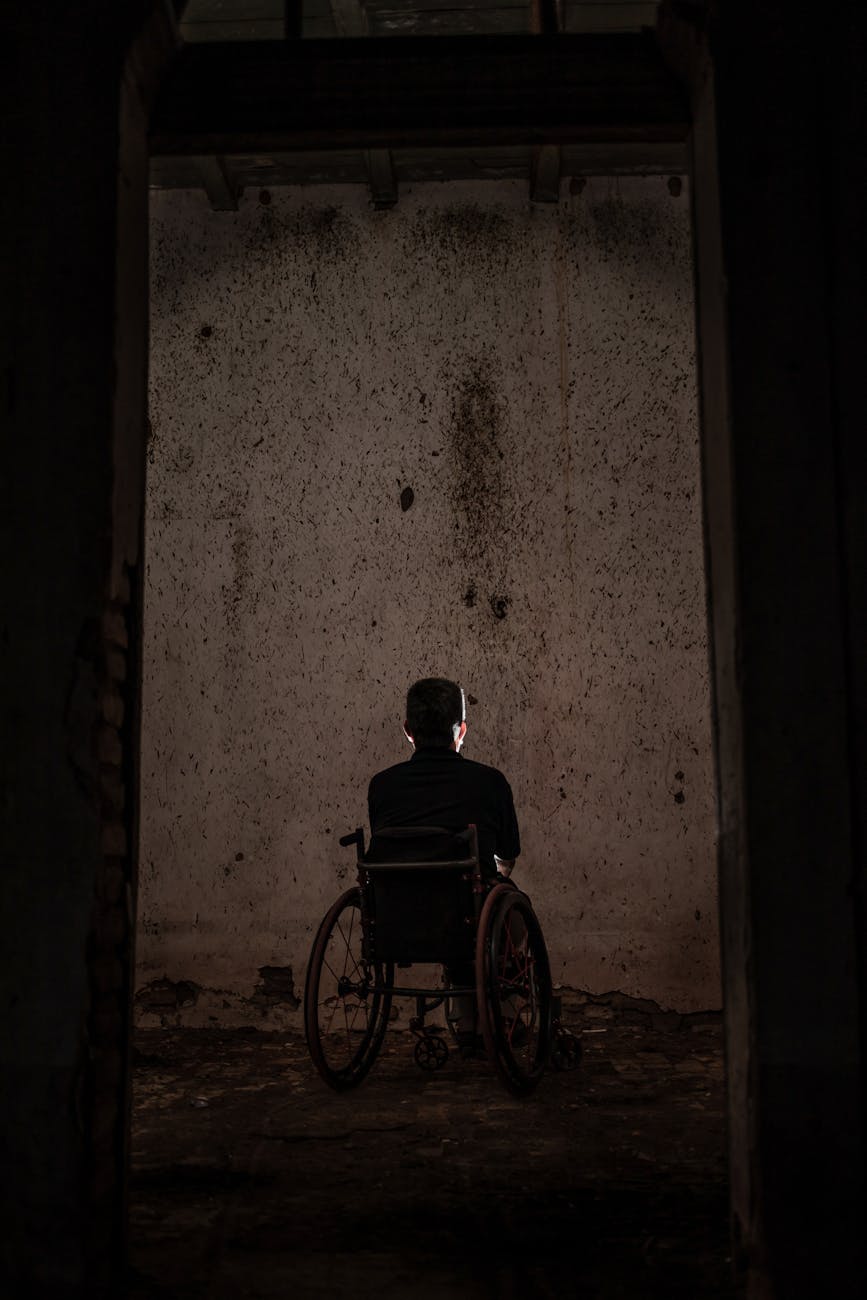Introduction: This analysis examines NPR station photographer Tyrone Turner’s photographic journey documenting the aftermath of Hurricane Katrina two decades after the devastating storm. Turner, a New Orleans native, returned to Louisiana to capture the ongoing struggles and demonstrated strength in the communities impacted by the hurricane, as presented in the NPR piece “Echoes of Katrina – Two decades of struggle and strength.” The article focuses on Turner’s personal connection to the subject matter and his visual storytelling approach to conveying the enduring impact of the disaster.
In-Depth Analysis: The core of the NPR report lies in Tyrone Turner’s photographic work, which serves as the primary evidence for the long-term effects of Hurricane Katrina. As a New Orleans native, Turner’s perspective is inherently personal, allowing for a deep understanding of the emotional and physical landscapes he captures. His return to Louisiana to document the situation two decades later highlights a commitment to illustrating the passage of time and the persistence of the storm’s legacy. The visual narrative aims to showcase both the “struggle and strength” experienced by the affected communities. While the abstract mentions Turner’s role as an NPR station photographer and his native connection, the article itself focuses on the visual output and the intent behind his return. The methodology, therefore, is observational and documentary, relying on Turner’s photographic eye to interpret and convey the ongoing realities. The piece does not explicitly present competing viewpoints or statistical data but rather offers a photographic interpretation of the post-Katrina landscape. The evidence is presented through the implied visual content of Turner’s photographs, which are the subject of the NPR article. The “two decades of struggle and strength” framing suggests a nuanced portrayal, acknowledging both the persistent challenges and the resilience of the people and places affected. The source material, found at https://www.npr.org/sections/the-picture-show/2025/08/28/nx-s1-5519779/video-echoes-of-katrina-two-decades-of-struggle-and-strength, serves as the sole basis for this analysis. Without direct access to the photographs themselves, the analysis relies on the textual description and framing provided by NPR.
The article’s strength lies in its focus on a specific, impactful event and its long-term consequences, viewed through the lens of a photographer with personal ties to the affected region. Turner’s dual identity as a professional photographer and a native of New Orleans provides a unique vantage point. This perspective allows for a potentially more profound and empathetic portrayal of the subject matter than an outsider might achieve. The emphasis on “two decades of struggle and strength” suggests a comprehensive look at the recovery and ongoing challenges, moving beyond the immediate aftermath of the disaster. The article’s premise is to highlight the enduring echoes of Katrina, implying that the impact is not solely historical but continues to shape the present.
However, the primary limitation of this analysis, based solely on the provided abstract and topic description, is the lack of direct engagement with the visual content. The effectiveness and depth of Turner’s portrayal are implicitly conveyed but not explicitly demonstrated or critiqued within the given text. Therefore, a thorough evaluation of the arguments, evidence, and artistic merit of the photographs themselves is not possible. The objective is to analyze the *presentation* of Turner’s work as described by NPR, rather than the work in its entirety. The article positions Turner’s work as a testament to resilience, which is an interpretative claim that would ideally be supported by the visual evidence. The absence of direct quotes from Turner or detailed descriptions of specific photographs limits the ability to dissect his arguments or methodology beyond his role and intent.
Pros and Cons:
- Pros:
- Personal connection of the photographer (Tyrone Turner) to the subject matter as a New Orleans native.
- Focus on long-term impact (“two decades”) of Hurricane Katrina, highlighting both struggles and strength.
- Visual storytelling approach by a professional photographer, likely offering an evocative portrayal.
- NPR’s platform provides credibility and reach for the documentation.
- Cons:
- Analysis is based on a description of photographic work, not direct viewing of the photographs themselves.
- Limited information on specific arguments or evidence presented within the photographs.
- No explicit comparison of different viewpoints or data beyond the framing of “struggle and strength.”
- Potential for subjective interpretation in describing the photographs without them being present.
Key Takeaways:
- NPR photographer Tyrone Turner, a New Orleans native, revisited Louisiana to document the aftermath of Hurricane Katrina two decades later.
- The project, “Echoes of Katrina – Two decades of struggle and strength,” aims to capture the ongoing impact of the hurricane.
- Turner’s personal connection to the region is a significant aspect of his photographic approach.
- The work intends to illustrate both the difficulties faced by communities and their resilience.
- The analysis relies on the descriptive framing of the photographic project provided by NPR.
Call to Action: An educated reader interested in the long-term impacts of natural disasters and powerful visual storytelling should seek out and view the photographs by Tyrone Turner discussed in the NPR article, “Echoes of Katrina – Two decades of struggle and strength,” available at https://www.npr.org/sections/the-picture-show/2025/08/28/nx-s1-5519779/video-echoes-of-katrina-two-decades-of-struggle-and-strength. Engaging directly with the visual content will provide a more complete understanding of Turner’s documentation of the enduring struggles and strength of communities two decades after Hurricane Katrina.


